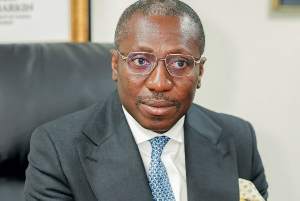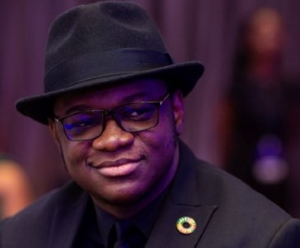There are those who believe the Cup of Nations is perfectly placed at the beginning of the year while others reckon a change on the calendar year will serve the tournament well and help increase the profile of the competition whichever way you look at it, the tournament needs some sort of change and it might just be the timing of it.
In the 2017 edition, some countries felt the pressure when their star players rejected the invitation to play the AFCON, simply because of the reason well sounded by the proponents of change – it will affect the players and their clubs if they leave in the middle of a club season for an international tournament.
Cameroon boss Hugo Broos had to dig deep, which he did and eventually won the showpiece, but he missed seven players, most notably Liverpool’s Joel Matip, Andre Onana of Ajax and West Brom’s Allan Nyom.
The Indomitable Lions were perfectly fine and didn’t need their big boys from the European leagues but there’s no hiding the team could have been better, had they reported to Broos’ camp.
Long gone are the days when locally based players will inspire their countries to victory at the AFCON. A case can be made of Mohamed Aboutrika of Egypt in recent years but that is the one example in the last two or three decades.
The days when Laurent Pokou led Cote d’Ivoire to victory leading the tournament’s scoring charts while playing in his native country for ASEC Abidjan are in the past. These days, the major football countries are led by players who ply their club trade in Europe and elsewhere.
We have witnessed talismanic performances from heroes such as Samuel Eto, Didier Drogba and Asamoah Gyan and all these electrifying shows have come while they play outside the continent.
Their influence in the game and on their teams cannot be underestimated and with the growing concern we might fail to see most of these players at subsequent AFCONs due to their commitment to club football will hurt the future of the African football showpiece.
CAF will have to act fast, hence the meeting in Morocco this week to settle the issue. Some say Africa should not bow to European pressure and continue to play the AFCON in January.
The AFCON trophy could be won in summer if the timing changes The decision to be made by all 50 national football association presidents, chaired by the CAF Executive Committee and other African football greats will make or unmake African football at the highest level.
They will make decisions to impact African football and the next generation. Hopefully, we get a CAF that understands that football in Africa has not matured yet to the level to keep hold of it’s local stars.
The big boys will move abroad and flying back in January will always affect their club football – either returning to rot on benches or simply not signed at all with foreign coaches fearing they will lose their stars for a month – a risk most of these superstars aren’t ready to take.
CAF should change the time of the AFCON to the summer and understand they need to fall in line with the global order.
Sports Features of Thursday, 20 July 2017
Source: 3news.com















